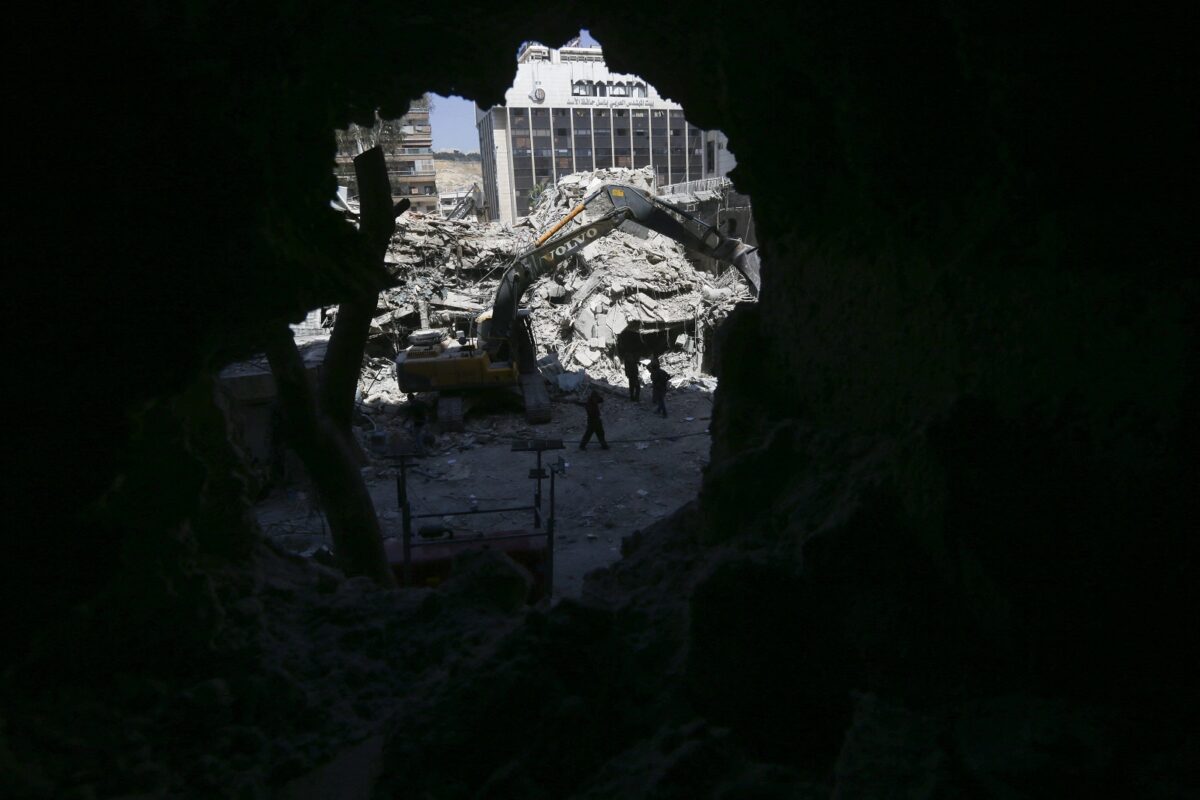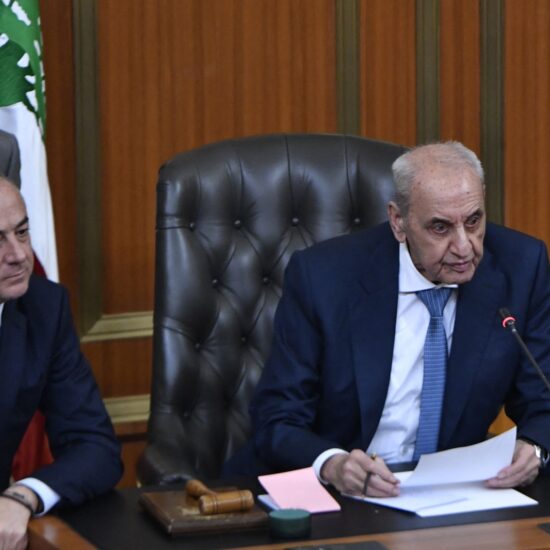
Ramzi Abou Ismael takes a look at how the enduring conflict between Iran and Israel, deeply rooted in both nations' belief in fulfilling a divine mission, casts a shadow over the region.
For decades, the geopolitical landscape of the Middle East has been significantly shaped by the complex and often confrontational relationship between Iran and Israel. These two nations have engaged in a shadowy conflict that spans across borders, involving covert operations, military strikes, and proxy wars. Israel has consistently targeted Iranian interests in places like Damascus, Lebanon, and elsewhere, aiming to thwart Iran’s military entrenchment and its support for allied militant groups in the region. In retaliation, Iran has executed operations against Israeli targets, utilizing its network of allies and proxies in countries like Syria and Lebanon. This ongoing tit-for-tat represents more than just a geopolitical struggle; it is a manifestation of a deeper, ideologically driven conflict.
Beneath the surface of this enduring confrontation lies a shared abstract ideology that deeply influences both nations: the belief that they are instrumental in the divine plan on Earth. Despite their glaring differences—Iran’s Islamic theocracy versus Israel’s semi-democratic but religiously infused nationalism—this conviction in a divine mission is a common thread that paradoxically links them. Both nations view themselves as carrying out a historical and spiritual legacy, which in turn legitimizes and fuels their actions on the international stage.
The Foundation of Faith
This profound sense of purpose is deeply embedded in the national consciousness of Iran and Israel. In Iran, the Islamic Revolution of 1979 paved the way for a theocratic governance system that melds political power with religious authority. The regime views itself as the defender of Islam and the oppressed, acting under divine guidance to reshape the world according to its religious and ideological principles. This worldview motivates its support for proxy groups and its opposition to Western influence, particularly that of the United States and Israel, whom it sees as major impediments to its divine mission.
Conversely, Israel’s establishment is seen by many as the fulfillment of biblical prophecy, the culmination of millennia of Jewish yearning for a return to their ancestral homeland. This religious narrative is not merely historical but actively informs the modern state’s policies and self-perception. From immigration policies designed to gather Jews from the diaspora to the strategic importance of Jerusalem and the West Bank settlements, Israel’s actions are often underpinned by a blend of religious heritage and nationalism. This synthesis propels its determination to maintain sovereignty and security against what it perceives as existential threats, including Iran.
Therefore, the ideological convictions of Iran and Israel, rooted in their respective religious traditions, extend beyond national borders, influencing their regional strategies and their roles on the global stage. This shared belief in a divine mission has fueled a rivalry that is both geopolitical and spiritual, with each nation casting the other as the antithesis of its religious and historical narrative.
Beyond Politics: The Role of Faith in Shaping Nations
In the unfolding saga of the Middle East, the narratives of Iran and Israel epitomize the profound challenges posed by states founded on the bedrock of religious fundamentalism. These nations, armed with the unshakeable belief in their divine rights, engage in dialogues and conflicts not just as political entities but as emissaries of a higher mandate. This approach to governance and international relations, where earthly policies are interwoven with celestial decrees, renders any form of negotiation or disagreement inherently fraught. The conviction in their divine missions does not simply guide their actions; it fortifies them with a sense of infallibility, making compromise or mutual understanding not just difficult but, in their eyes, often unnecessary or even sacrilegious.
The stark reality is that states driven by the certitude of religious fundamentalism impose an uncompromising worldview, one that sees global affairs through a lens colored by divine entitlement. This perspective, while providing a powerful narrative of purpose and destiny for their citizens, also casts a long shadow over the region, complicating peace efforts, exacerbating conflicts, and often sidelining the more immediate, pragmatic needs of their populations and neighbors.
This dynamic is deeply problematic for the broader Middle East, a region ensnared in the throes of these unfolding divine dramas. In the pursuit of their heavenly charters, Iran and Israel shape realities not only for themselves but for all those caught in their orbit, often leaving a trail of terrestrial turmoil in their wake. The stark juxtaposition of their celestial aspirations with the earthly havoc wrought highlights a troubling paradox: in their quest to manifest heaven, the lived experience for many in the region veers perilously close to hell.
Ramzi Abou Ismail is a political psychologist and researcher at the University of Kent.








